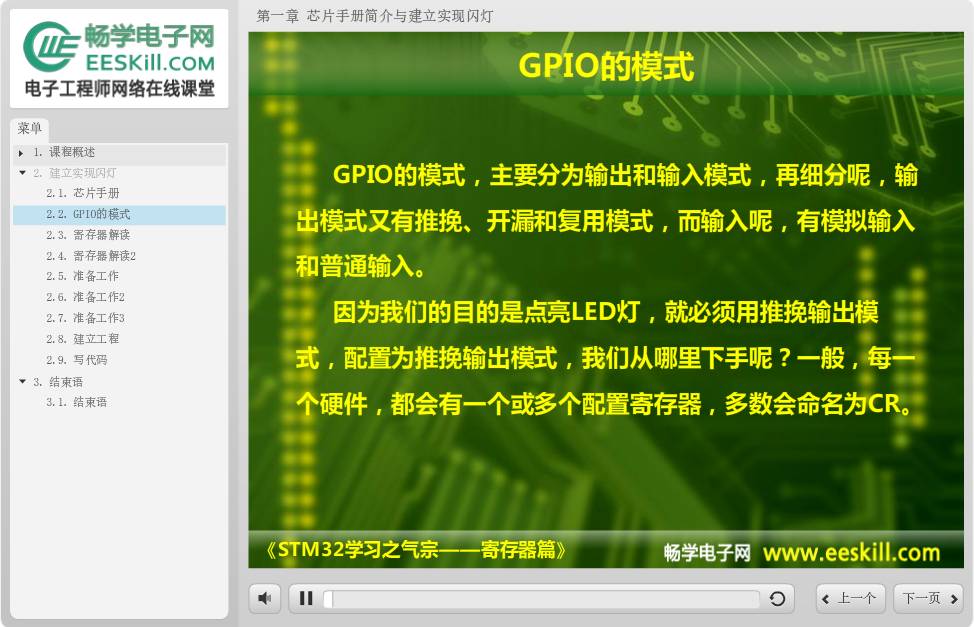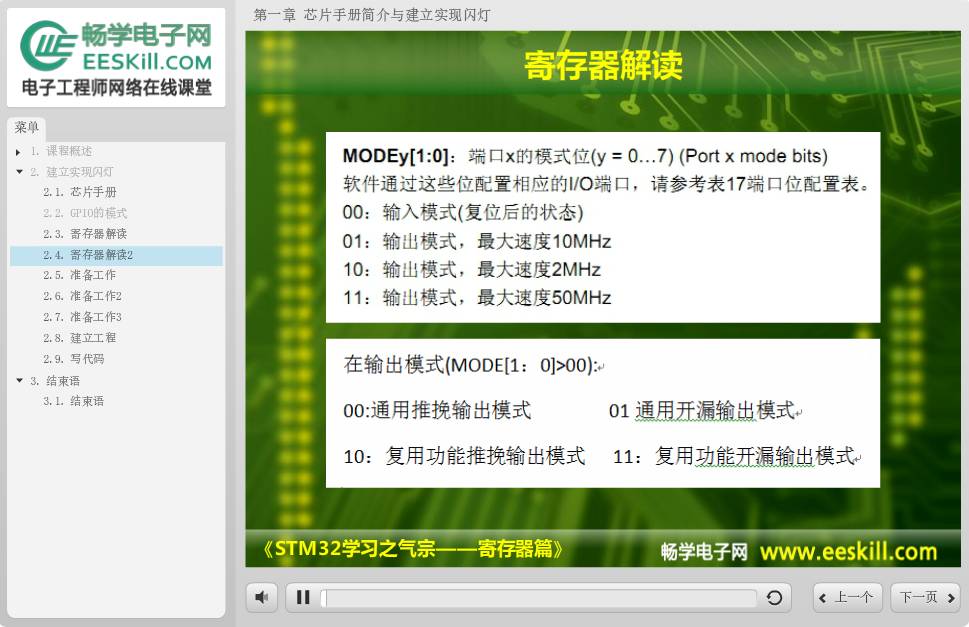Introduction
Many people who have learned STM32 share a common characteristic: they can only use some representative hardware functions, such as AD conversion, and can only perform single conversions, while they struggle with looping or multiple conversions. This leads to the necessity of referring to the chip manual; however, the problem arises because the chip manual is register-based, while we are learning library functions. What should we do? This tutorial aims to teach everyone how to learn STM32 while referring to the chip manual, of course, based on registers.
There is much debate in the community about whether to use registers or library functions. We won’t comment on that; we just want to convey one point: the benefit of learning registers is not to improve operational efficiency, but to better understand the internals of STM32. Once you are familiar with the hardware, using registers or library functions is essentially the same.
Additionally, many people claim that learning registers is very difficult. In fact, it is quite simple; sometimes, you may find it even simpler and more organized than using library functions! Come on, let’s learn this “Nine Yin Manual” together.
Course Introduction:
Chapter 1: Introduction to the Chip Manual and Creating the First Project to Implement a Blinking Light
Chapter 2: Detailed Explanation of GPIO and Implementation of Key Functions
Chapter 3: Implementation of Serial Transmission Function
Chapter 4: Timer Usage (Polling Method)
Chapter 5: Interrupt Handling, Serial Reception, and Timer Interrupts
Chapter 6: Implementation of SPI
Chapter 7: Timer Implementation of PWM Output
Chapter 8: Implementation of AD Conversion
Chapter 9: Implementation of DMA Functionality
Course Details:
This set of course videos is in HD quality, with a clear directory structure and detailed explanations accompanied by images. Below are some screenshots of the video pages.


Click “Read the Original” to log into the Changxue Electronics website to order online and study online.


To facilitate better learning, the Changxue Electronics Network has specially added a public account focusing on microcontrollers and EDA, pushing relevant knowledge daily, hoping to assist your learning!

